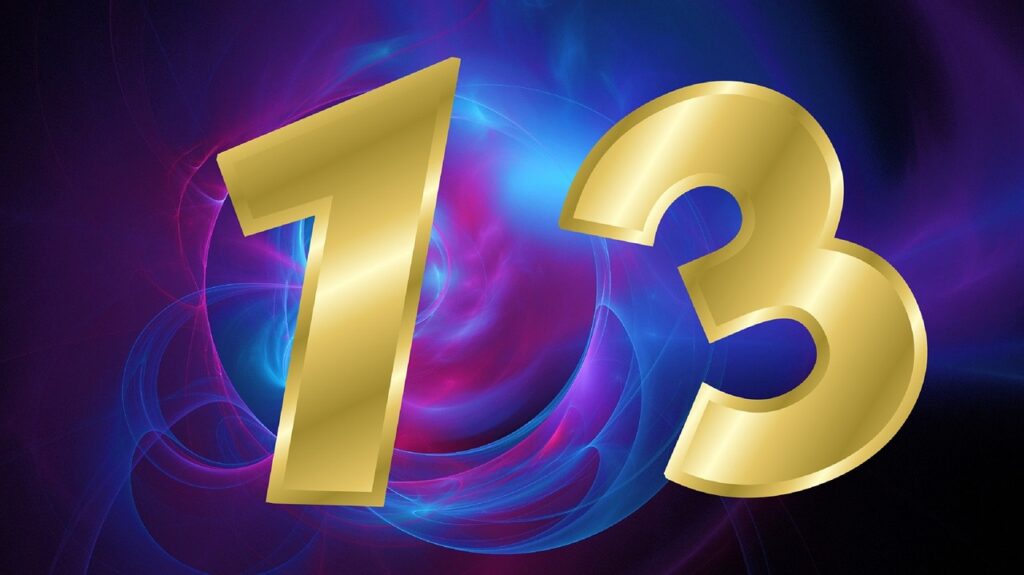Today’s blog

Lynn Murphy Mark
Rabbit rabbit rabbit
Does anyone else remember to start the first day of the month with these three words, before any others are uttered? It’s a superstition coming over from Britain, although the exact origin is unknown. The thinking is that if the word “rabbit” is spoken three times in succession, it will bring good luck for the rest of the month. Since this is a Leap Year, February is longer than usual – an extra 24 hours to enjoy good fortune. So this morning I remembered and greeted the rabbit world with respect.
I remember hearing one of my college roommates say it religiously on the first day of every month. She did this in good faith, believing it would make a difference in the way the month unfolded for her. I usually don’t remember this tradition until I have already spoken other words on the first day. I don’t think it works to mess with whatever good ju-ju these words carry.
Superstition, according to my dictionary app, is “a belief or notion, not based on reason or knowledge, in or of the ominous significance of a particular thing, circumstance, occurrence, proceeding, or the like…. A custom or act based on such a belief.” I know a man who always wore his lucky jeans when his football team played. One day his wife inadvertently washed the jeans and they were wet for the big game. My friend did not let this stop him. He put on those wet jeans and tuned in to the game. I don’t remember if his team won or lost that damp day.
I have my own little superstition action. As I step into the cabin of an airplane I pat the outside shell of the plane – just to assure that we all get where we are going without an incident. I honestly won’t get on the plane without my little ritual being completed. Since I’m alive to tell about it, I believe it works. If only the other 100+ people on the airplane knew how I saved all of our lives.
Of course there is psychology behind these beliefs that are not based on reason or knowledge. What I have read suggests that superstitions can alleviate anxiety and restore a sense of control over the unknown. Apparently our superstitious behaviors “are prevalent in conditions of absence of confidence, insecurity, fear and threat.” (Medical News Today). I know in my head that air travel is a safe way to get places, but I still pat the plane – just in case. When it comes to my lack of control over external circumstances, nothing trumps hurtling through the atmosphere in a huge aluminum tube at thirty to forty thousand feet above the ground and forty degrees below freezing.
Knock on wood. Don’t step on a crack in the sidewalk. Don’t go under a ladder. Avoid black cats. Rely on a horoscope. Be wary on Friday the 13th. Now, thirteen is my lucky number. If there is a 13 involved in a sequence of numbers then this will bring me luck. I lived at 1310 Drayton Avenue for years and considered it to be a lucky address. Thirteen often appears in my passwords.
An article in Web MD quotes Stuart Vyse, PhD: “Sometimes the creation of a false certainty is better than no certainty at all, and that is what much of the research suggests.” He is the author of a book on the psychology of superstition, so I guess he knows of what he writes.
The other expert in this subject is Stevie Wonder. One of my favorite songs of his is “Superstition”. Not only does it have an intriguing beat, but the words prove my point that superstition is irrational:
Very superstitious
Nothing more to say
Very superstitious
The devil’s on his way
13 month-old baby
Broke the looking glass
Seven years of bad luck
Good things in your past.
